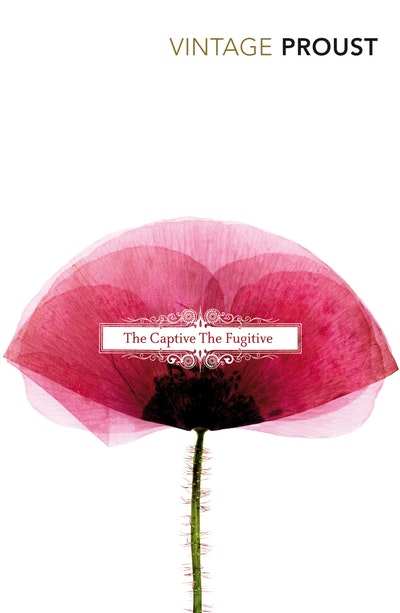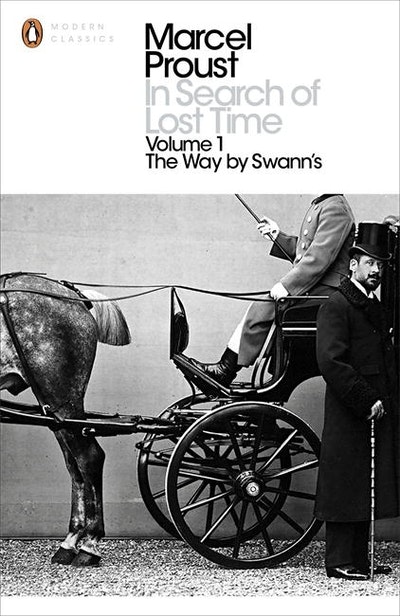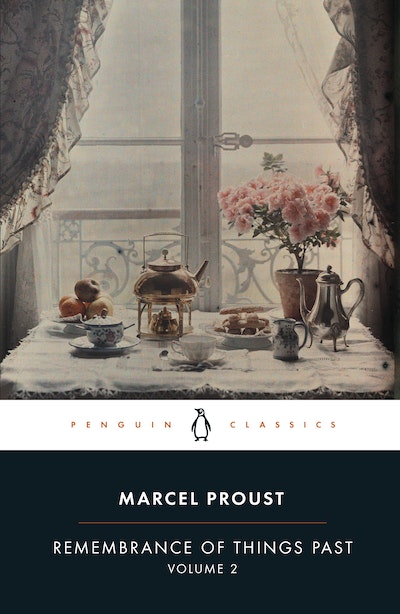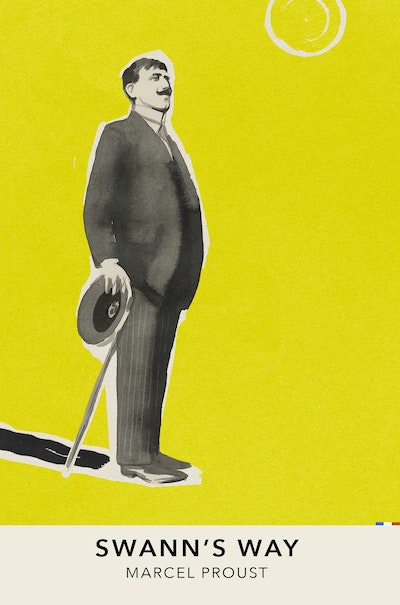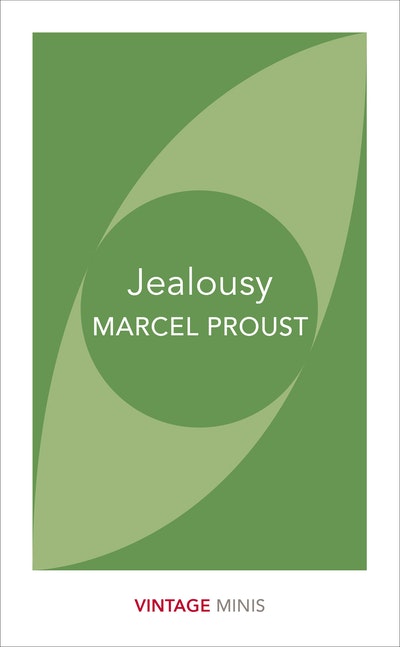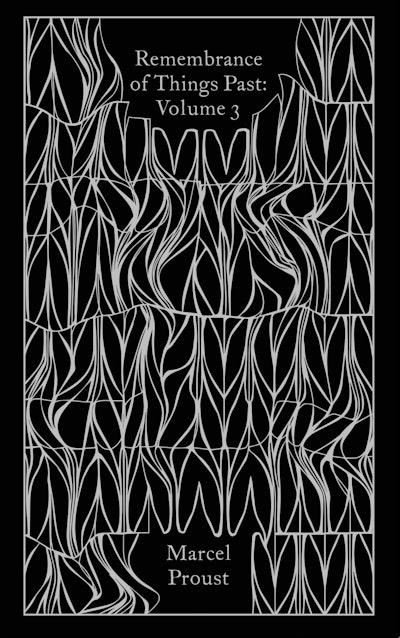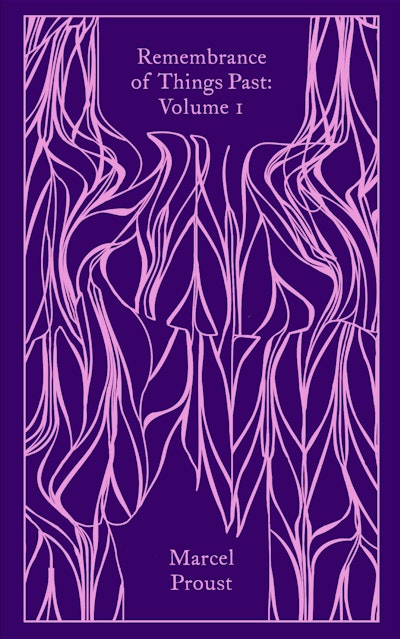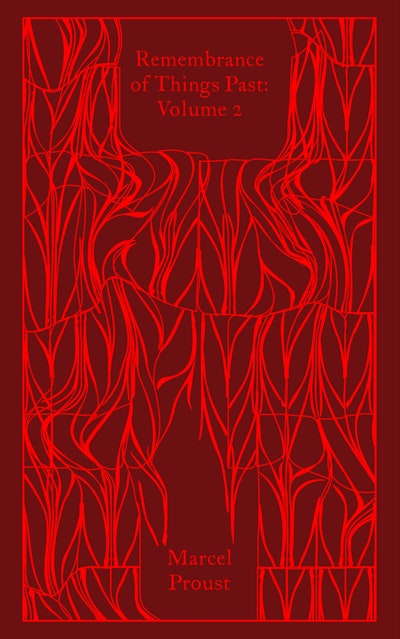[]
- Published: 10 January 1997
- ISBN: 9780099362616
- Imprint: Vintage Classics
- Format: Paperback
- Pages: 832
- RRP: $29.99
In Search Of Lost Time, Vol 5
The Captive & The Fugitive
Formats & editions
Buy from…
- Published: 10 January 1997
- ISBN: 9780099362616
- Imprint: Vintage Classics
- Format: Paperback
- Pages: 832
- RRP: $29.99
Oh if I could write like that!
Virginia Woolf
One of the cornerstones of the Western literary canon
The Times
Proust sinks deepest in readers because the book is so exhaustively analytical, so ceaselessly truthful... The experience of reading [the book] becomes, in itself, an unforgettable thing
Independent
The way he replicates the workings of the mind changed the art of novel-writing forever...his style is extraordinary, enveloping, captivating
Guardian
There are many who swear the experience has permanently enriched their lives
Daily Mail
Surely the greatest novelist of the 20th century
Sunday Telegraph
